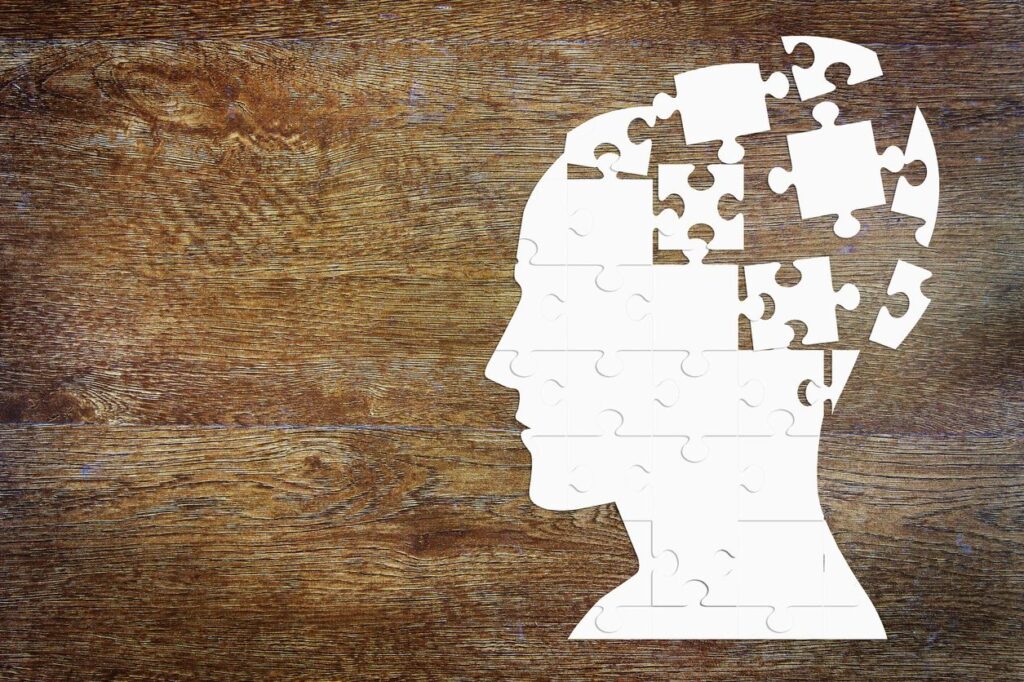Behavioral Psychology
Children Will Imitate Robots
Young children have a range of skills that make them phenomenal learners, and one of these skills appears to be copying the people around them. For better or for worse, children will imitate the behaviors they observe in others. Psychologists have come up with various theories about why children are such prolific imitators. One theory…
Read MoreWho Can Read Dog Body Language?
Humans are evolved to recognize emotions in each other’s nonverbal behavior. To some extent, we apply that ability not just to other humans but to animals as well. Nowhere is this more true, perhaps, than in the case of dogs. As far as animals go, dogs can be pretty expressive in demonstrating their emotions, which…
Read MoreUntangling the Links Between Sedentary Behavior and Depression
Among the detrimental effects that are increasingly being blamed on sedentary behavior are mental health conditions such as depression. In one study I wrote about a couple years ago, researchers found that just one week of sedentary behavior could significantly lower people’s life satisfaction. Figuring out why sedentary behavior and depression go together is more…
Read MoreWhen Teachers Procrastinate
Students aren’t the only ones who put off doing schoolwork. Every exam that a student procrastinates on studying for is also an exam that a teacher can procrastinate on grading. A recent study dived into the topic of teacher procrastination by interviewing 27 teachers in Germany. Of those, 16 teachers said they had a problem…
Read MoreRats From Enriched Environments Make Better Drivers
Have you ever wondered if it would be possible to teach a rat to drive? Well, maybe not, but this is the kind of thing psychology researchers think about. In a new study, researchers at University of Richmond let rats take to the road in special “rat-operated vehicles.” As part of the experiment, the rats…
Read MoreChoice of Plate Can Help Children Eat Their Vegetables
For centuries, parents have been trying to cajole their children into eating broccoli. Now scientists are here to help. Techniques for convincing children to up their fruit and vegetable consumption are sometimes called “nudges.” Researchers have been investigating these techniques in recent years and found that, in general, nudges do have the ability to influence…
Read MoreWhat Socializing and Drinking Today Mean for Mood Tomorrow
Socializing and consuming alcohol are two activities that often go together. Both also have the potential to alter your mood – so it can be hard to untangle whether you’re feeling the effects of one or the other! For psychology researchers, this complicates the question of studying how socializing and drinking change people’s moods. Things…
Read MoreWhat Are the Effects of Distracted Walking?
I’ve written on here before about the psychology of driving and the psychology of biking. So it seems only fair that I dedicate a post to one of the most common forms of urban transportation: walking! Walking may not require a license, but it can take just as much vigilance as driving a car. There…
Read MoreThe Importance of Disconnecting from Work
You might think that an ideal worker is one who’s always thinking about their job, but that doesn’t seem to be the case. In fact, taking your work home with you at night, whether literally or inside your head, might be a recipe for burnout. Along these lines, a new study suggests that people who…
Read MoreA 20-Minute Procedure Can Change People’s Everyday Risk Preferences
One of the interesting findings in recent psychology research is that relatively simple procedures can temporarily alter people’s brain activity and behaviors. A recent study demonstrated this in terms of people’s propensity for risky actions. The researchers who ran the study used a technique known as transcranial direct-current stimulation, or more conveniently tDCS. This involves…
Read More









